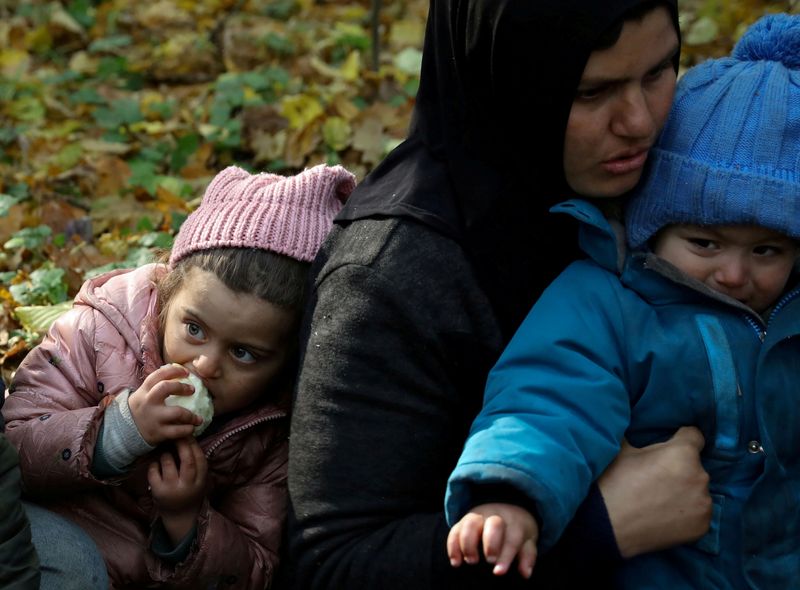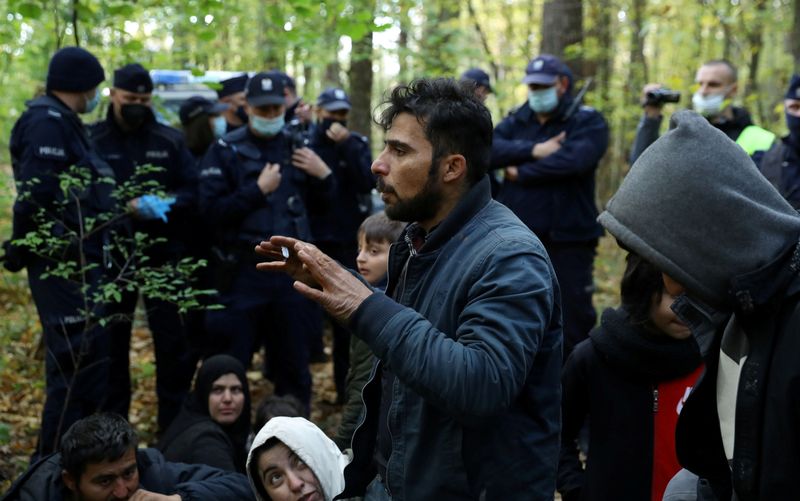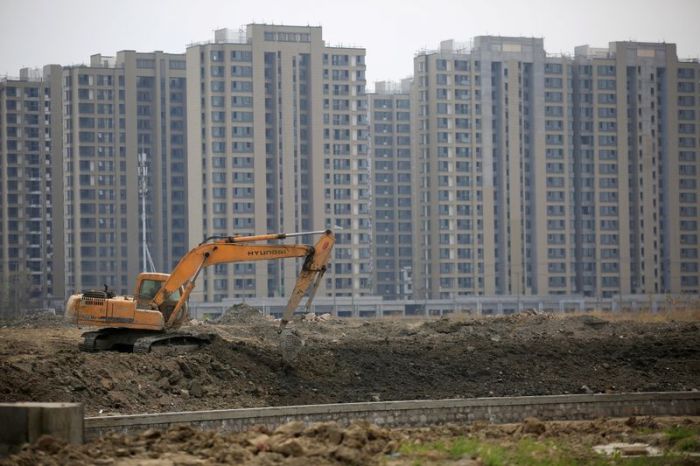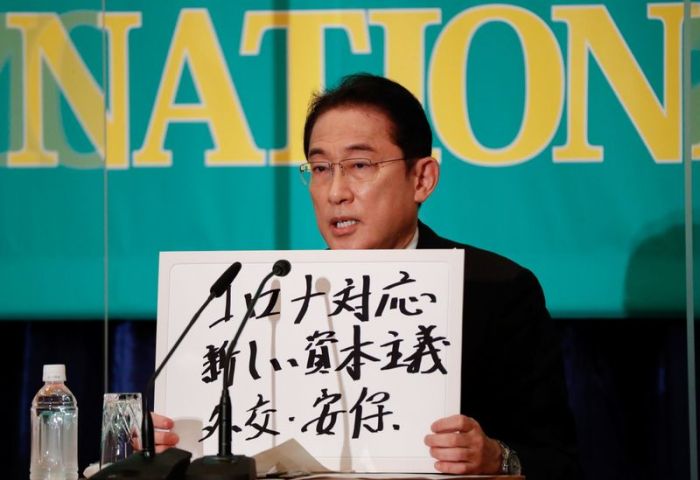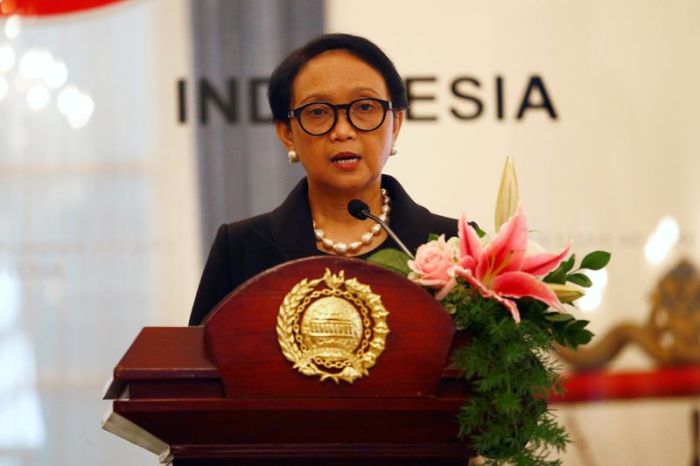LUXEMBOURG (Reuters) -European Union foreign ministers debated new economic sanctions on Belarus on Monday, including on airlines, to halt what Brussels says is a deliberate policy by Minsk to fly in thousands of migrants and send them across the border.
The sanctions proposal, first voiced by Latvia on Monday in Luxembourg, was not initially on the agenda for EU foreign ministers and may have been a response to a decision by Belarus to expel France’s ambassador at the weekend, diplomats said.
France said on Monday its ambassador had left Belarus because authorities ended his accreditation after he failed to present credentials to President Alexander Lukashenko, who the EU no longer recognises as legitimate head of state.
A tightening of sanctions would follow broad measures imposed on Belarus’s economy in June over Lukashenko’s crackdown on protesters following his disputed re-election in August 2020. The protesters say the election was rigged, which he denies.
Many EU states now also accuse Lukashenko of flying in illegal migrants from Iraq, Iran and Africa to send them across the border into the EU to destabilise the bloc.
Lukashenko denies this and has blamed the West for what he says is a looming humanitarian catastrophe this winter after migrants were left stranded on the Belarusian-Polish border.
“We need to introduce stricter sanctions … It means to put so-called tourism companies that are organising flights (under sanctions),” Latvian Foreign Minister Edgars Rinkevics said as he arrived for a meeting with his EU counterparts in Luxembourg.
“I also believe that we need to sanction Belavia fully, so that it cannot receive any kind of support,” he said, referring to the Belarusian national airline, already banned from EU air space.
Belavia leases planes from EU countries, notably Ireland, which appeared wary of measures that would interfere with existing leases, although Foreign Minister Simon Coveney said he was open to preventing future deals.
“While Ireland wants to increase sanctions and pressure on the Belarusian regime, we’ve also got to make sure that is practicable and implementable,” he told reporters in Luxembourg.
The EU is also preparing a new package of sanctions against Belarusian individuals, which could include the foreign minister, accused of a role in the campaign to foster illegal migration into the EU.
NEW FLIGHTS, NEW PROMISES
Since August, Poland, Lithuania and Latvia have reported a surge in illegal border crossings from Belarus. They accuse Minsk of using a network of travel agents in Iraq and in sub-Saharan Africa to offer migrants Belarusian visas and transport them to the EU border.
Lithuania’s Foreign Minister Gabrielius Landsbergis said there had been no let-up in the migrant flows, even after the EU had managed to stop departures from Iraq and Jordan.
“They are employing new flights from a number of countries from the Middle East and North Africa in order to deceive people with the hopes of easy entry to the European Union,” he said.
German Foreign Minister Heiko Maas said after the EU meeting there would be further talks in coming days.
“We will put more pressure on the airlines that bring people from various locations to Minsk, from which they are brought, with the support of the ruler there, to the borders,” he said.
(Additional reporting by Sabine SieboldEditing by Gareth Jones and Peter Graff)

